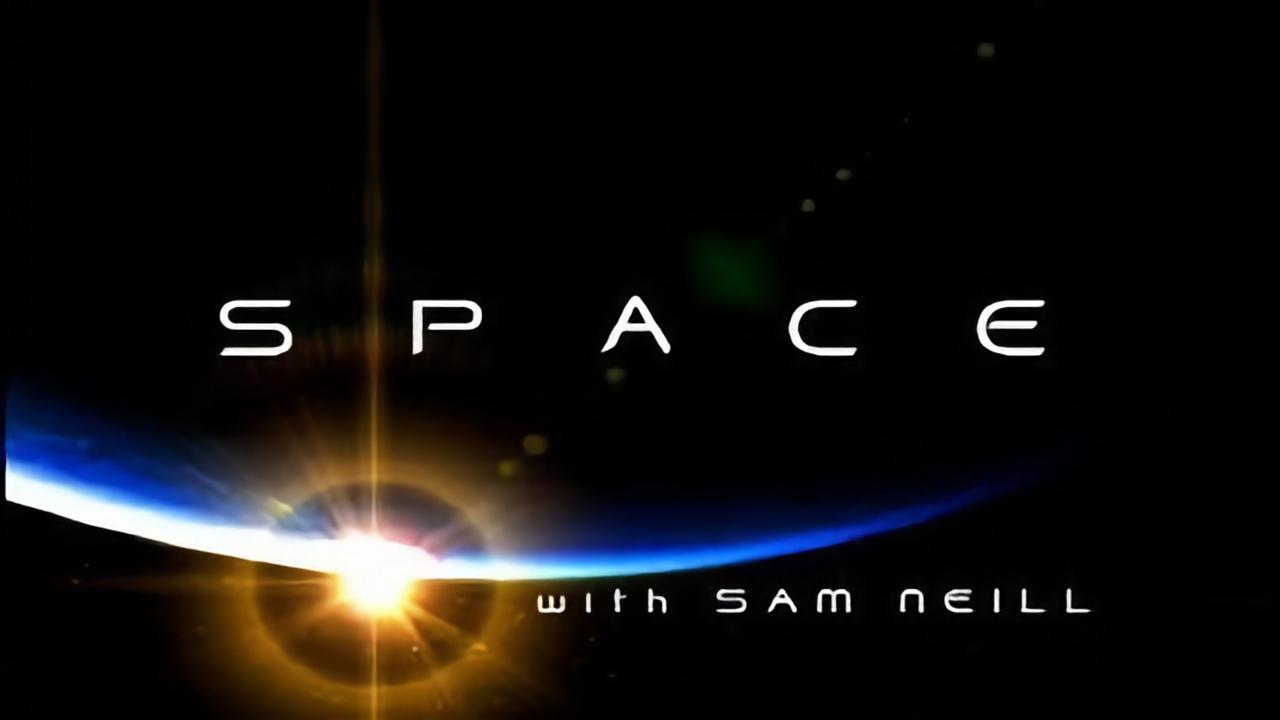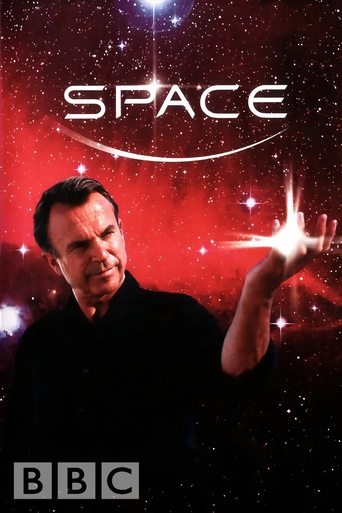Blucher
One of the worst movies I've ever seen
Curapedi
I cannot think of one single thing that I would change about this film. The acting is incomparable, the directing deft, and the writing poignantly brilliant.
Kaelan Mccaffrey
Like the great film, it's made with a great deal of visible affection both in front of and behind the camera.
Ella-May O'Brien
Each character in this movie — down to the smallest one — is an individual rather than a type, prone to spontaneous changes of mood and sometimes amusing outbursts of pettiness or ill humor.
Steven Patterson
Neill is engaging, and the topic is presented in a natural, conversational manner. But is this really an original series? The script seems in places at least to follow Carl Sagan's Cosmos series, which ran decades ago. I want to think it's a consequence of similar subject matter, but some of the phrases are identical - "star stuff", "billions and billions", etc. Of course it's been some time since Cosmos aired, and today's audience may be too young to recall it, too lacking in attention span to sit through the statelier pace, and too critical of the dated visual effects. It seems this newer series achieves a brisker pace and wider audience by avoiding the pitfall of explaining how we "know," for instance, that life does not exist on other planets in our solar system.This shorter series, presented by a professional actor (he should do a disclaimer "I'm not a scientist, but I've played one in cinema") in lieu of a genuine scientist like Sagan or Hawking (or a historian/journalist like James Burke) may better appeal to a younger crowd, with less interest in fussy details like actual evidence.
DieCommie
This is the worst space/science documentary I have ever seen. There is no real science in it, mostly is just tries to amaze with doomsday scenarios where the earth is destroyed. (ohh the sun will blow up one day ... scary!) Also, there seems to be a lot of time spent on corny graphics, which isn't necessary nor visually pleasing.The section on black holes does not even describe the event horizon or singularity, very simply and key traits.Then there is the fact that it is called hyperspace, yet I don't think it mentions higher dimensional space anywhere in the documentary.My opinion, If you want a science documentary, look elsewhere.
virtue_zero
This DVD explains in a very graphic way, and in layman terms, the universe from its inception with the so-called Big Bang through to the future.Some of the conclusions drawn, and indeed the questions left unanswered, are slightly disturbing - the Sun will explode eventually, and Earth will disappear. It's all detailed 'how and why'. Black holes are a very real threat, and there are lots of them in just our galaxy - their power is put into such perspective by Sam Neill that it's mind-boggling.But the real beauty of 'Space' is that its presentation conveys a lot more understanding about how insignificant our little planet is in the 'whole scheme of things' - for instance, there are a million stars in the universe for every grain of sand on Earth. Distances become meaningless. Fascinating stuff.And for those interested in a broad philosophy, the series also hints at a new approach to the meaning of life. Or at least it will give you more to think about.The computer simulations here are first class, taking you on an adventurous ride through the universe, and the documentary on the 'making of' is very good. Sam Neill is excellent, and is obviously engrossed in his subject.'Space' will leave you awestruck.
kaelcarp
My first impression of this, as I watched it, was that the visuals were very well done, and indeed they are. Great graphics make you really see how it looks when the events described occur. If it were just a graphic presentation, I would have given it a 10/10.Unfortunately, it wasn't. While the presentation, including Sam Neill's narration, was very well done, the content was extremely scarce, and what was there had me raising my eyebrows. There is very little information in this that can't be gotten out of a grade school level book. The series makes very simple, obvious assertions about the universe and stretches them out for a half hour each. What's more is that it is strangely alarmist, giving the feeling that we could all die at any moment from some huge cataclysm. While that's true on some level, it's also extremely unlikely that a comet or asteroid will strike us out of the blue. To watch this series, you would think it was inevitable within our lifetimes.It also makes the assertion that the only hope for humanity's future lies in colonizing the stars. This may or may not be true. In the several billion years before this even becomes an issue, we may very well discover how to keep the sun burning longer, how to live in the vacuum of space, or any number of other things that would make that much less relevant. There is no pressing need to colonize other worlds right now, though I admit I love the idea of doing it.In all, outside of the alarmism, I suppose this would be good for someone who is very unfamiliar with astronomy in general. But if you have some knowledge of the subject, you won't get much out of this besides nice graphics.

